


 When we see the President of the Russian Federation visiting a Russian Orthodox monastery, crossing himself, kissing and venerating icons and schmoozing with the Patriarch, what should we think? Is this a breach in the separation between Church and State?
When we see the President of the Russian Federation visiting a Russian Orthodox monastery, crossing himself, kissing and venerating icons and schmoozing with the Patriarch, what should we think? Is this a breach in the separation between Church and State?Often times, this separation has been taken, by many countries in the West, to mean that religion must not have a voice in the public square. And sometimes, not even a presence, and so it's symbols must be hidden and driven underground and it's spokesmen silenced as they tried with the Pope in La Sapienza. But is this a fair and correct interpretation and application of that principle?
 Must people in public office totally shun religion of be seen as a little loony (per Tony Blair)?
Must people in public office totally shun religion of be seen as a little loony (per Tony Blair)?For most of history, it is such a position that would be considered loony. And even so in many countries of the world today. In Malaysia, Muslim prayer is recited before public events and even in schools. But as long as such prayers are not mandatory for non-Muslims, I don't see the problem.
The State should not establish religion, but that should not be taken as license to regulate and dictate what people can and cannot believe and practice as their faith teaches. In doing that, it is the state which infringes on the rights of religion which is the danger now as opposed to the fear of the Church imposing it's view on the state which was the basis of this separation.

 Photos from Russian President Vladimir Putin's visit to the Uspensky (Assumption) Cathedral in the famous 17th century Iversky Monastery at the Valdai Lake, about 380 km (236 miles) northwest of Moscow, Saturday, Jan. 12, 2008. At left is Russian Orthodox Patriarch Alexy II. (AP Photo/Alexander Zemlianichenko, pool)
Photos from Russian President Vladimir Putin's visit to the Uspensky (Assumption) Cathedral in the famous 17th century Iversky Monastery at the Valdai Lake, about 380 km (236 miles) northwest of Moscow, Saturday, Jan. 12, 2008. At left is Russian Orthodox Patriarch Alexy II. (AP Photo/Alexander Zemlianichenko, pool)
![[Unam Sanctam]](https://blogger.googleusercontent.com/img/b/R29vZ2xl/AVvXsEiymQ2adTjpZ1ABhPBbBBquiPCxeQrc4Jy_97vOikT0wGQeJleriiXQy6ebnb0jrYe-TfvcK77txStB4aIwVAdD41ZdMkVfNtFGC0JX6LBV9B8mfeRZaIAM7Sj-011ag3DiKQzv/s1600/headerdivinemercy.jpg)












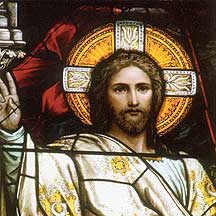







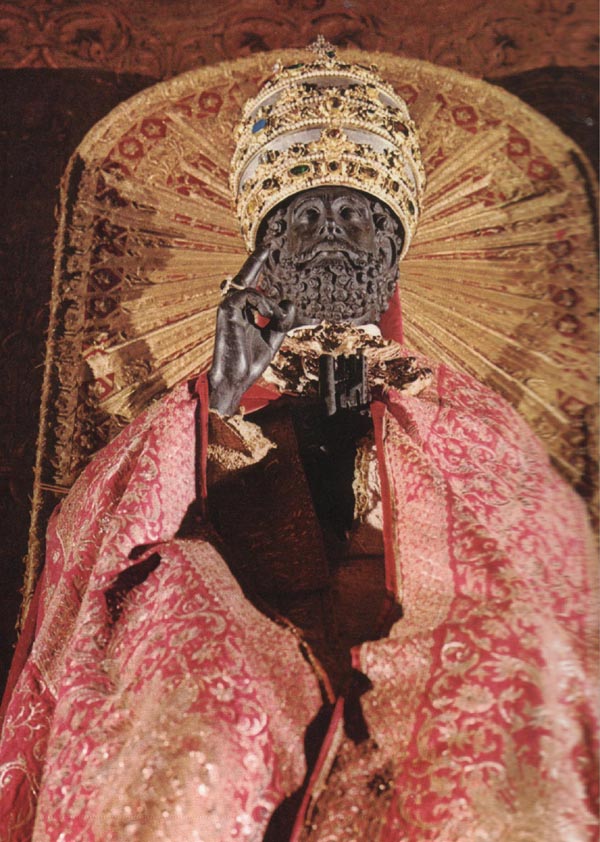
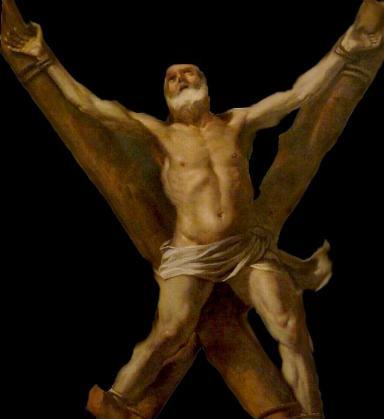




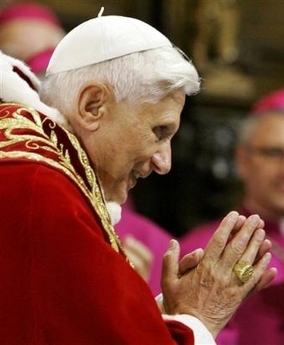






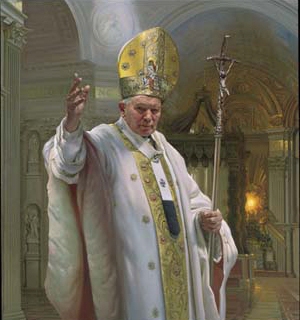
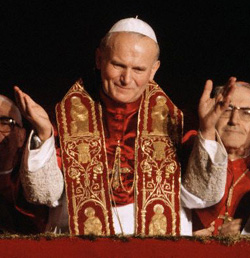
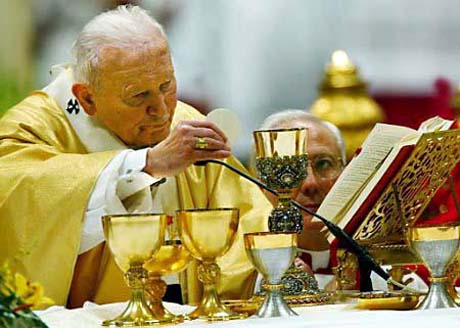







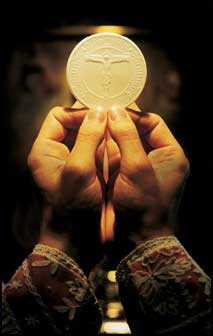
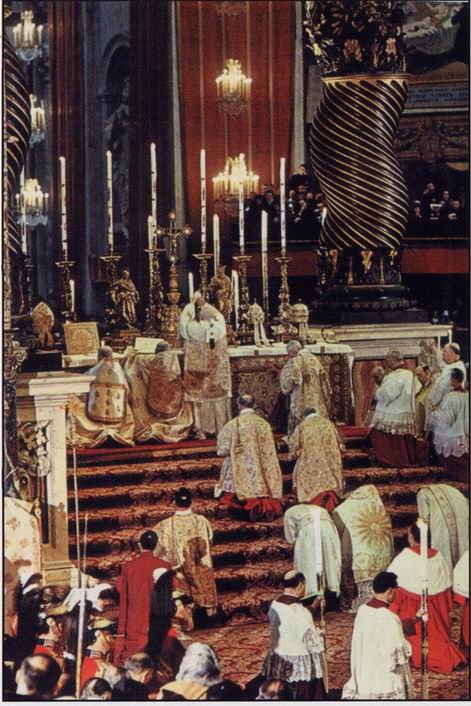

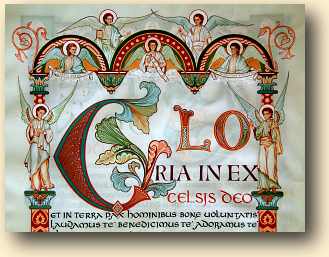

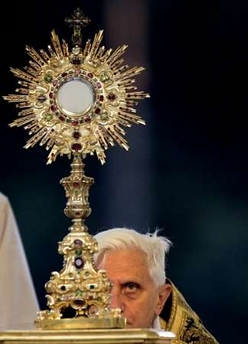


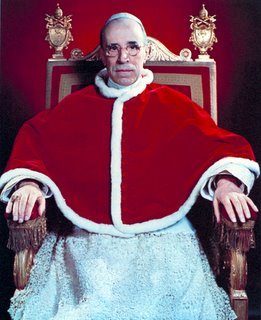




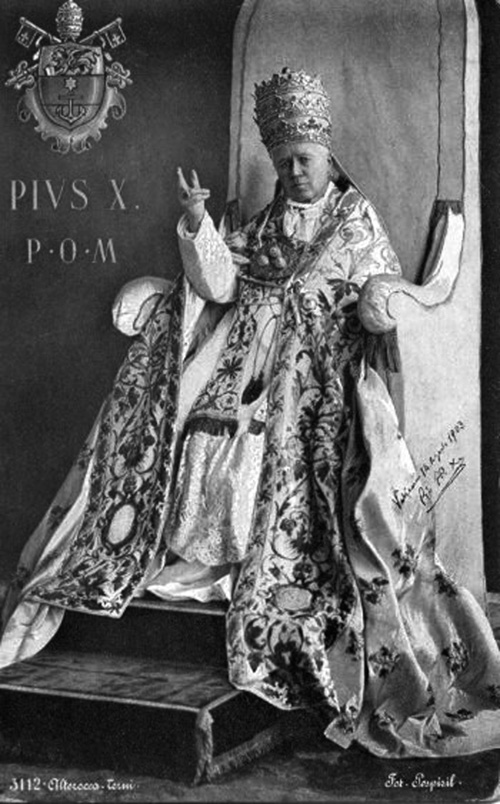



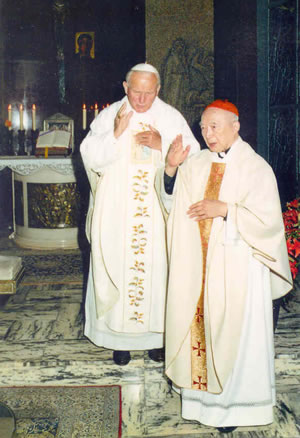






2 comments:
As the govenor of Texas said when he hosted a luncheon to honor Cardinal Daniel DiNardo of the Archdiocese of Galveston-Houston who was elevated by Pope Benedict XVI to the main advisory body of the Holy See on Nov. 24:
"There are those who bristle at the notion of a public servant relying on faith in the conduct of his office. So they quickly and frequently accuse us of violating their cherished separation of church and state.
n their zeal, they have confused freedom of religion with freedom from religion. I prefer the former.
I would offer that faith is most important for those who would serve by leading.
I would much rather follow a leader with a God-given moral code than one whose decisions are dictated by the constantly shifting whims of a rudderless, secular society."
Full text here:
http://www.governor.state.tx.us/divisions/press/speeches/speech_121207
Yeah... someone who really believes that there's Someone who takes notice when they lie on the Bible =)
Post a Comment